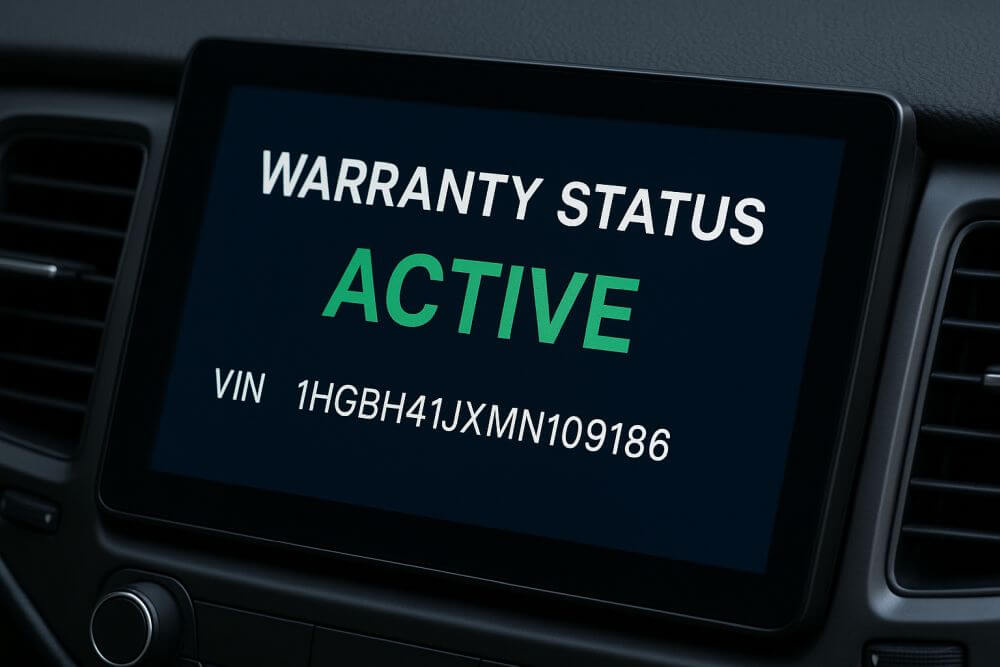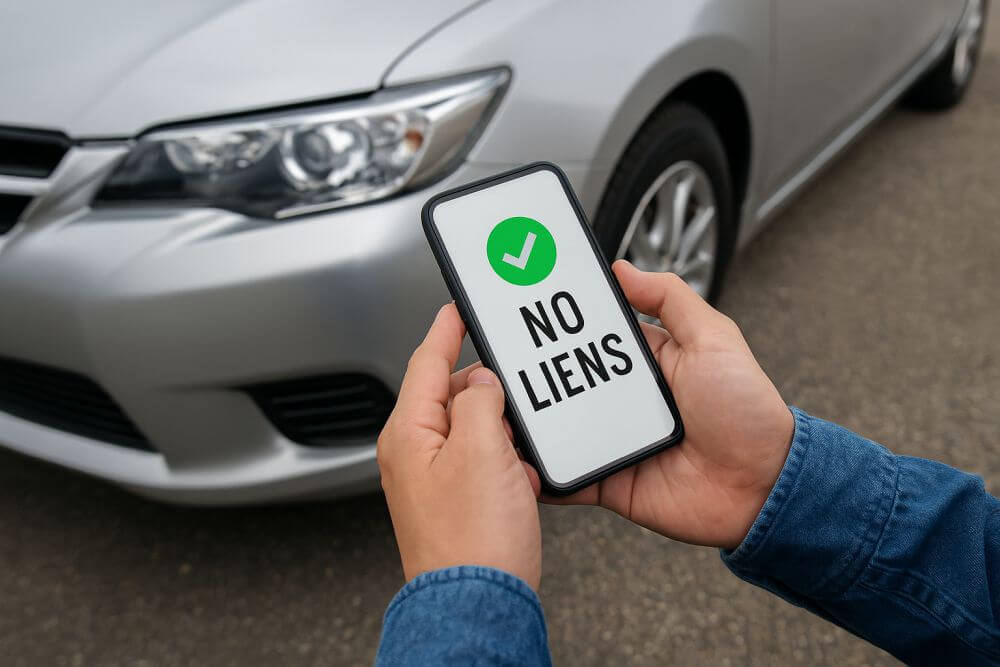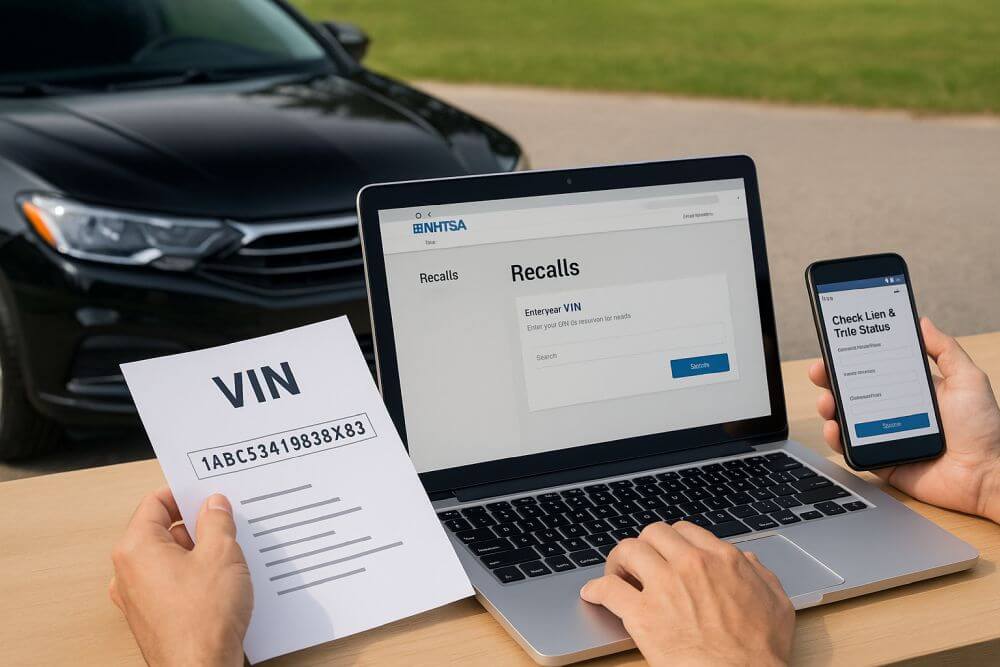Introduction
Buying a used car? One of the most important things to check is whether the vehicle has a salvage title. A salvage title means the car has been declared a total loss by an insurance company due to severe damage, flood, fire, or theft recovery. Purchasing a salvage vehicle without knowing its history can lead to safety risks, financial loss, and insurance challenges.
Fortunately, there are free ways to check if a car has a salvage title using a VIN check. This guide will help you spot a salvage title before making a purchase decision.
What is a Salvage Title?
A salvage title is issued when a car has sustained damage so severe that the insurance company deems it a total loss. This means the cost of repairs exceeds a significant percentage of the car’s value.
Common Reasons for a Salvage Title
✅ Severe Accidents – Cars that have been in major crashes and deemed unsafe.
✅ Flood Damage – Water-damaged vehicles that often have electrical issues.
✅ Fire Damage – Cars affected by fire, often leading to structural damage.
✅ Theft Recovery – Stolen cars that were found stripped or vandalized.
Risks of Buying a Salvage Title Car
🚨 Reduced Resale Value – Salvage cars are worth 30-50% less than clean-title cars.
🚨 Hidden Structural Damage – Some cars may have frame damage that is not fully repaired.
🚨 Insurance & Financing Issues – Many insurers will not cover salvage cars, and banks may refuse loans.
🚨 Potential Fraud (Title Washing) – Some sellers attempt to erase salvage history by re-registering in another state.
How to Spot a Salvage Title with a Free VIN Check
1. Use a Free Carfax Alternative Like VinCheckPro
✅ “Check if a car has a salvage title with a free Carfax report alternative from VinCheckPro.”
- VinCheckPro provides title history, accident records, and salvage status for free.
- Shows whether the car was declared a total loss, flooded, or rebuilt.
2. Check the National Motor Vehicle Title Information System (NMVTIS)
- NMVTIS is government-backed and helps buyers avoid title washing fraud.
- Some NMVTIS-approved providers offer free or low-cost reports.
3. Perform a State DMV Title Search
- Many state DMVs allow buyers to request a title history report.
- Some DMVs charge a small fee, but it’s worth verifying if the car has been totaled.
4. Inspect the Vehicle for Physical Signs of Damage
✅ Frame Damage – Uneven panel gaps, misaligned doors.
✅ Flood Damage – Musty smell, rust in hidden areas, electrical issues.
✅ Rebuilt Repairs – Overspray paint, mismatched parts, welding marks.
5. Check Insurance & Warranty Eligibility
- Contact insurers to see if the vehicle is insurable.
- Check if the manufacturer warranty is still valid (most warranties don’t cover salvage cars).
How to Avoid Salvage Title Scams
🚨 Title Washing – Some sellers re-register salvage cars in different states to hide history.
🚨 Fake Title Transfers – Verify the seller’s name matches the title to avoid fraud.
🚨 Unreported Damage – Some cars skip insurance claims, meaning their history is not recorded on Carfax.
How to Run a Free VIN Check for a Salvage Title
Step-by-step guide:
1️⃣ Locate the Vehicle Identification Number (VIN) on the car.
2️⃣ Enter the VIN in a trusted VIN check tool.
3️⃣ Review salvage title records, total loss history, and past accidents.
4️⃣ Cross-check multiple sources for accuracy.
✅ “Before purchasing, run a VIN search to ensure the car doesn’t have a salvage title.”
Conclusion
Before buying a used car, always check for salvage titles to avoid financial loss and hidden damage. A free VIN check can help you verify if a vehicle has been deemed a total loss.
🚗 Final Tip: Want to make sure a vehicle is free of salvage status? Get a Free Carfax Report alternative from VinCheckPro today!


